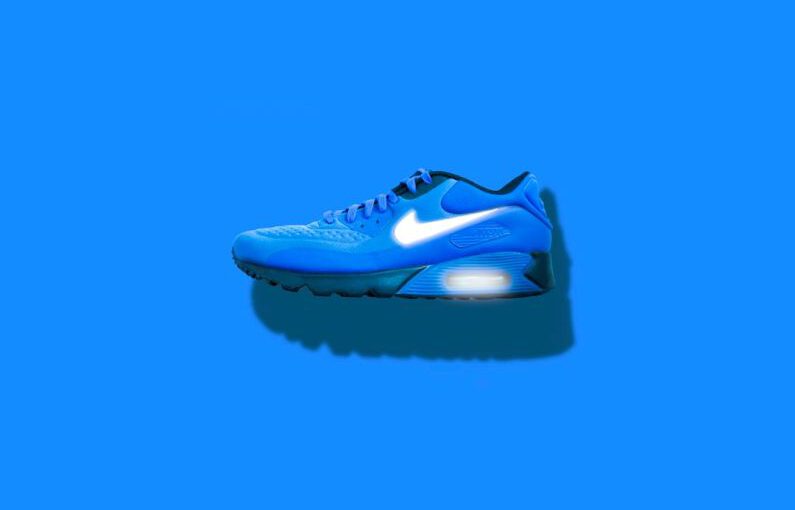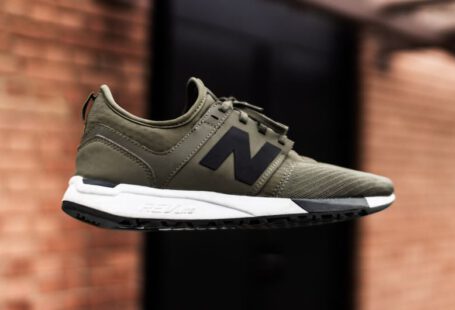Orthopedic shoes are specially designed footwear that caters to individuals with specific foot conditions or those who require extra support and comfort for their feet. These shoes are not just a fashion statement, but rather a practical solution to alleviate pain, improve mobility, and prevent further foot problems. Understanding what orthopedic shoes are and who might benefit from them is crucial for maintaining overall foot health and well-being.
**What Are Orthopedic Shoes?**
Orthopedic shoes are shoes that have been designed to provide optimal support and cushioning for the feet. They are crafted with features that help alleviate various foot conditions such as plantar fasciitis, bunions, arthritis, diabetes-related foot problems, and more. Unlike regular shoes, orthopedic shoes are engineered to promote proper foot alignment and reduce pressure on specific areas of the foot. They typically have a wider toe box, arch support, cushioned insoles, and a firm heel counter to provide stability.
**Who Needs Orthopedic Shoes?**
1. **Individuals with Foot Conditions**: People suffering from foot conditions such as flat feet, high arches, bunions, hammertoes, or plantar fasciitis can benefit significantly from orthopedic shoes. These conditions often require specialized footwear to alleviate pain and prevent further damage to the feet.
2. **Diabetics**: Diabetics are prone to foot problems due to decreased circulation and nerve damage. Orthopedic shoes can help prevent complications such as ulcers, sores, and infections by providing proper support and cushioning to sensitive areas of the foot.
3. **Athletes and Active Individuals**: Athletes and individuals who engage in regular physical activities can benefit from orthopedic shoes that offer enhanced support and shock absorption. These shoes can help prevent injuries, reduce strain on the feet and joints, and improve overall performance.
4. **Elderly Individuals**: As we age, our feet naturally undergo changes such as decreased fat padding, loss of flexibility, and reduced circulation. Orthopedic shoes can provide the necessary support and comfort for older individuals to maintain mobility, reduce pain, and prevent falls.
5. **Workers on Their Feet All Day**: People whose jobs require them to stand or walk for extended periods can benefit from orthopedic shoes that offer superior comfort and support. These shoes can help reduce fatigue, prevent foot strain, and improve overall well-being during long hours of work.
**Choosing the Right Orthopedic Shoes**
When selecting orthopedic shoes, it is essential to consider factors such as the fit, support, cushioning, and the specific needs of the individual. It is recommended to consult with a podiatrist or orthopedic specialist to determine the most suitable footwear for your foot condition. Additionally, trying on different styles and brands of orthopedic shoes to find the perfect fit is crucial for optimal comfort and functionality.
**In Summary**
Orthopedic shoes play a vital role in promoting foot health and alleviating various foot conditions. Whether you have specific foot issues, are diabetic, an athlete, elderly, or work on your feet all day, orthopedic shoes can provide the support and comfort needed to maintain overall foot well-being. By understanding the benefits of orthopedic shoes and selecting the right pair for your needs, you can ensure proper foot alignment, reduce pain, and enhance your quality of life.





